Aid workers in Gaza are sounding the alarm, expressing their helplessness as Israel’s nearly three-month blockade pushes the region towards famine. The situation is dire, with widespread malnutrition and starvation threatening the lives of 2.3 million Palestinians.
Aid workers in Gaza are facing an extremely challenging situation due to the ongoing conflict and Israeli blockade, which has severely impacted humanitarian efforts. Here’s what’s happening behind the scenes:
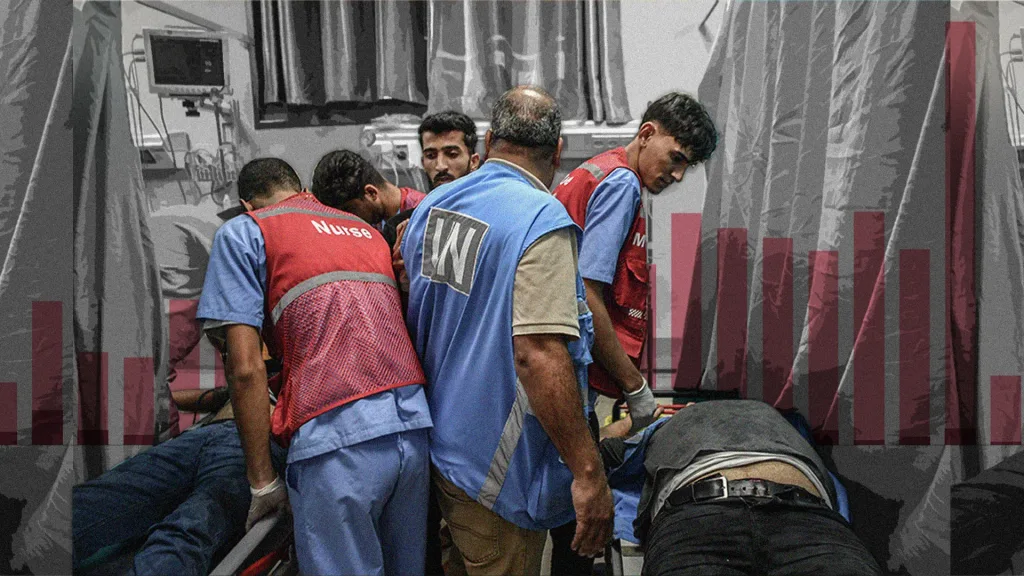
The Blockade’s Impact
- All supplies, including food, fuel, and medicine, have been blocked from entering Gaza for months, leading to widespread malnutrition and starvation.
- Community kitchens have shut down, warehouses are empty, and children are going hungry, with 75% of the population projected to face emergency or catastrophic levels of acute food insecurity.
- Hospitals are under attack, with strikes on Nasser and European Gaza hospitals further crippling the already decimated healthcare system.
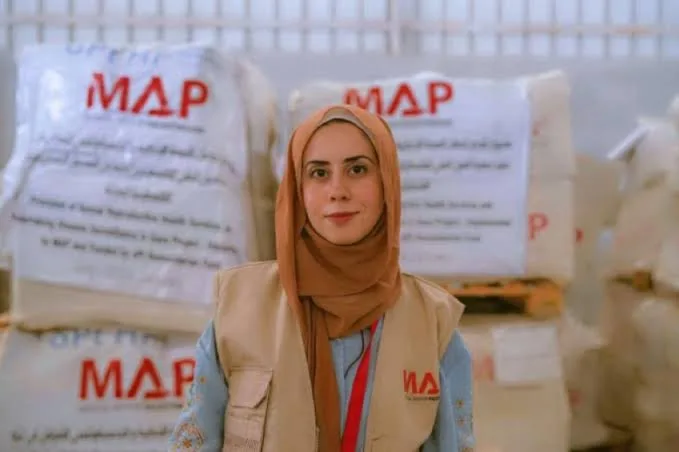
Aid Workers’ Concerns
- Aid workers are frustrated with the Israeli government’s restrictions and proposed aid system, which they believe won’t meet Gaza’s needs and will reinforce control over life-sustaining items as a pressure tactic.
- The UN and most aid groups deny significant aid diversion takes place and refuse to join the new system, citing violations of humanitarian principles.
- Aid workers are risking their lives to deliver critical supplies and services, with at least 430 aid workers, including 305 UN staff, killed since October 2023
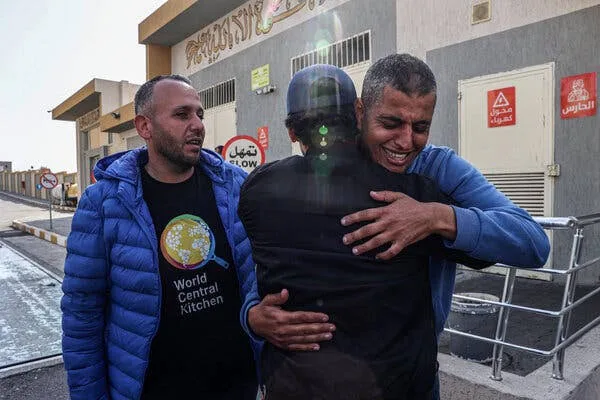
Humanitarian Crisis
- The nutritional situation of children in Gaza is rapidly deteriorating, with no entry of specialized nutrition supplies and limited or no possibility for humanitarians to deliver nutrition and other services.
- The entire population of 2.1 million people is projected to face high levels of acute food insecurity between May and September 2025, with half a million people facing starvation.
- The risk of famine is increasingly likely, with the IPC warning that without immediate action, the situation will further deteriorate .
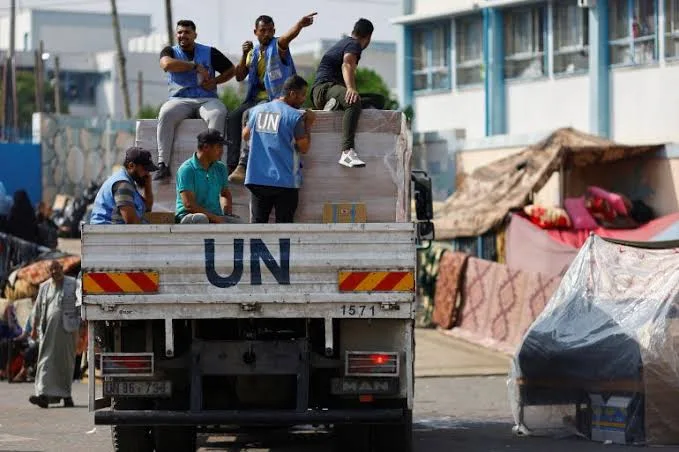
International Response
- The UN Secretary-General and Emergency Relief Coordinator have called for decisive action to prevent genocide in Gaza and urged world leaders to use their influence to lift the blockade.
- Humanitarian organizations are urging immediate and sustained cessation of hostilities, unhindered humanitarian access, and protection of civilians, aid workers, and civilian infrastructure ².
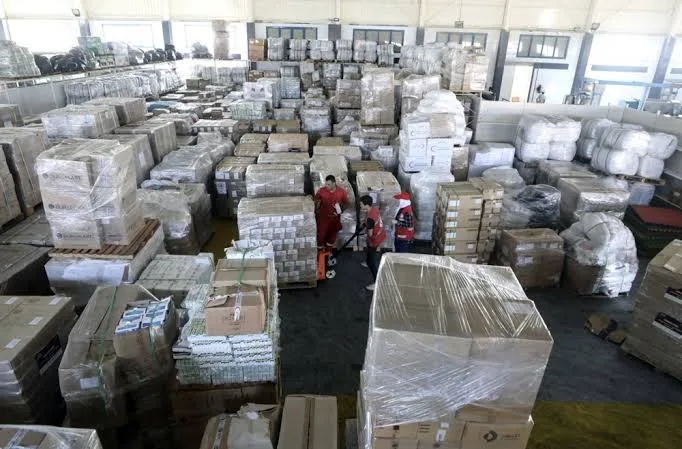
Desperate Measures
Nutritionist Rana Soboh recounts heart-wrenching cases, including a woman who fainted while breastfeeding her newborn due to lack of food and a severely malnourished 1-year-old boy weighing only 5 kilograms. Soboh says, “This is the worst feeling, wanting to help but knowing you can’t. I wished the earth would crack open and swallow me.”
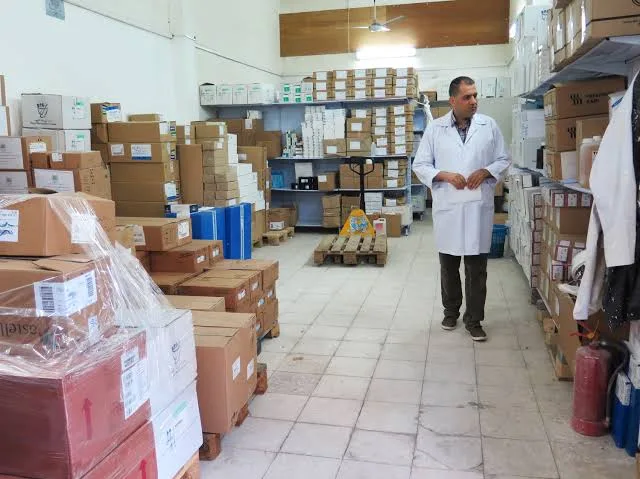
Blockade’s Impact
The blockade has cut off all food, fuel, medicine, and other essential supplies to Gaza, leading to:
- Mass Malnutrition: Almost the entire population is acutely malnourished, with one in five Palestinians on the brink of starvation.
- Community Kitchens Struggling: Over 60% of community kitchens have shut down due to supply shortages, leaving many without access to basic necessities.
- Medical Facilities Overwhelmed: Hospitals lack fuel, oxygen cylinders, and essential medical supplies, forcing staff to improvise and leading to preventable deaths.
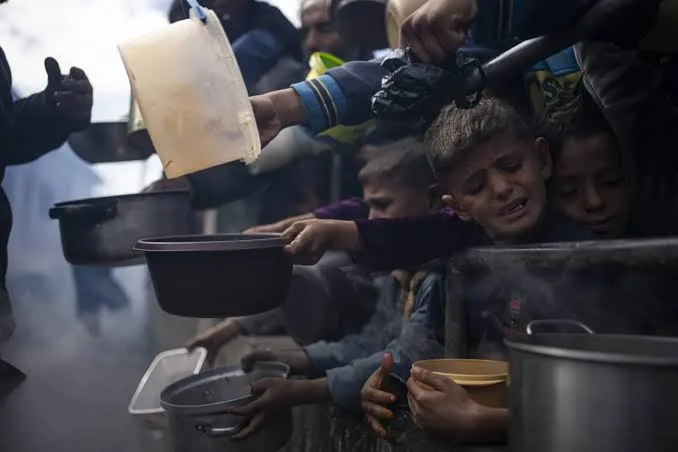
Aid Workers’ Concerns
Aid workers are frustrated with the Israeli government’s restrictions and proposed aid system, which they believe:
- Won’t Meet Gaza’s Needs: The system would limit distribution to a few locations and put it under armed private contractors, potentially enabling Israel to use aid as a weapon for its political and military goals.
- Violates Humanitarian Principles: The UN and most aid groups deny significant aid diversion takes place and refuse to join the new system.
International Response
The world’s top authority on food crises has warned of famine unless the blockade ends. Israel claims it imposed the blockade to force Hamas to release hostages, a decision rights groups call a “starvation tactic” and a violation of international law ¹.
